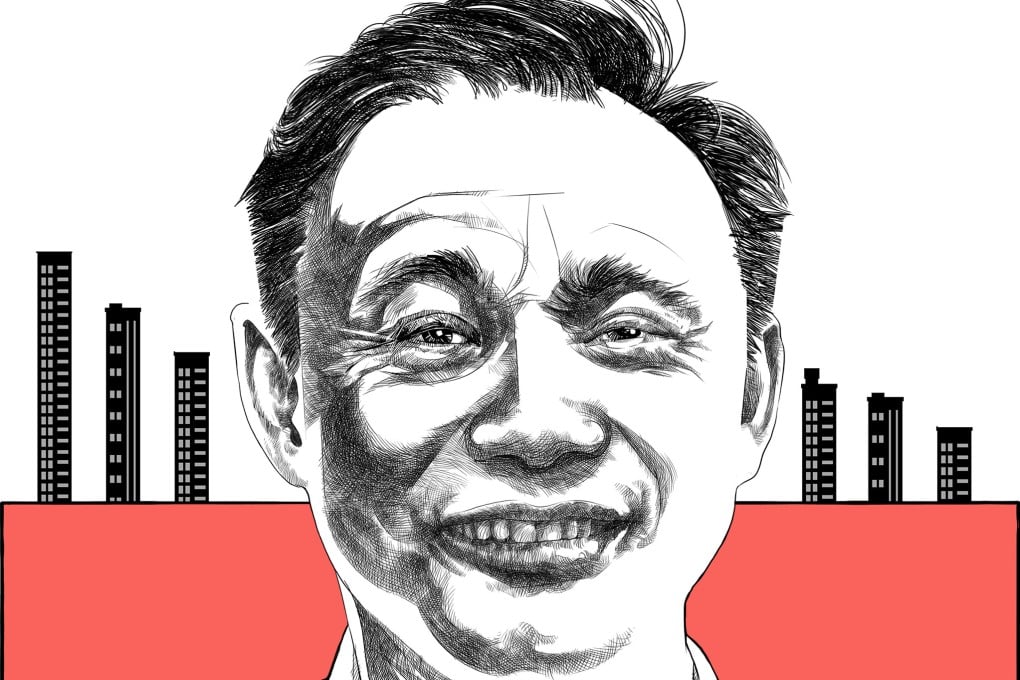Open Questions | China’s property bender has led to long, tough hangover: economist Mao Zhenhua
- Surge in household debt, collapse in property values highlight need for real estate wind-down, cash handouts to spark consumer demand

Mao Zhenhua is the founder of China Chengxin Credit Rating Group and co-director of Renmin University’s Institute of Economic Research. He is a regular commentator on China’s economy, has been a professor at the University of Hong Kong’s Business School since 2022, and was among the first to warn about the underlying pressure on China’s property prices.
Real estate has become the most intense issue affecting China’s economy. In the past, China’s real estate was a focus of investment for all of society. Real estate prices were rising continuously, and it was commonly accepted that every adult should have his own house, which is a unique belief.
In this context, more middle-class families kept purchasing – even those not qualified to buy a house. This pushed property prices to new highs in a very short period of time around 2017, a sign a bubble was about to burst.
I noticed that Evergrande started to offer 20 per cent discounts as a selling strategy as early as 2016. It was widely believed this was an individual case limited to Evergrande, as this private developer faced liquidity issues due to excessive debt and a lack of bank support for its loans.
On the contrary, I believed the cause was something much bigger. This was a sales problem for the whole industry – prices had peaked and would start on a downward trajectory. I was the first to urge that attention be paid to the downward trend in real estate prices. I also called on our regulators to perform more stress testing, especially on the banking sector. The banking sector believed that it had sufficient collateral, such as land. But the banks did not carry out sufficient stress tests on the total debt repayment capacity of the Chinese real estate industry.
